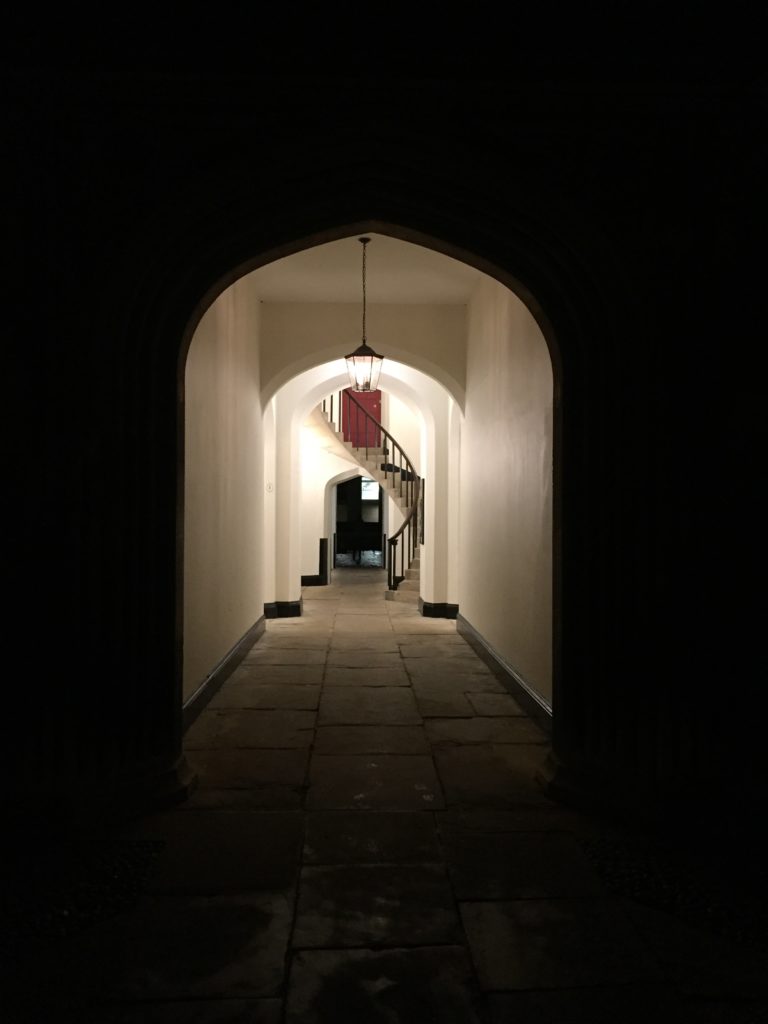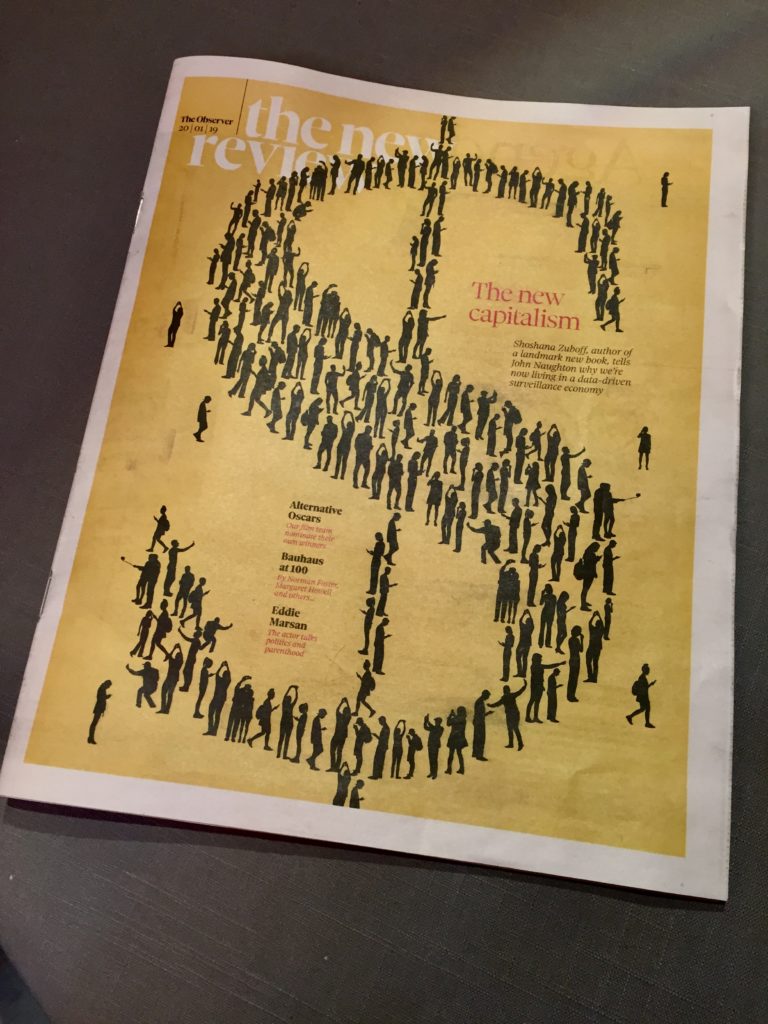Speaking at the launch of the Edelman Trust barometer this morning:
As the Press Association reports, Blair recalled an encounter with a member of the public in which he tried to explain details of the working of the EU’s single market and customs union which made him oppose Brexit, only to receive the reply: “You’re just trying to say to me that you know far more about this than I do.” Blair went on:
I was prime minister for 10 years.
I want to say to people, I follow Newcastle United, if a game is on the TV I will watch it, but I know that Rafa Benitez has forgotten more about football in one day than I will ever know.
It’s not because he is smarter than me – though he probably is smarter than me – it’s because that’s what he spends his life doing.
You send people to parliament and that’s their day job. It’s not your day job. So if they study the detail and say this is a bad idea, they are not squabbling children, they are doing what you sent them to parliament to do.
If you explain that to people they regard this as the elite fighting back. It’s absurd. We have got to have politicians who stand up and say ‘No, that is not a sensible way of looking at this’.
Yep. In a way, it’s Edmund Burke’s Letter to the Electors of Bristol all over again.


